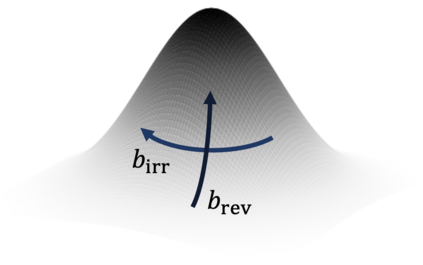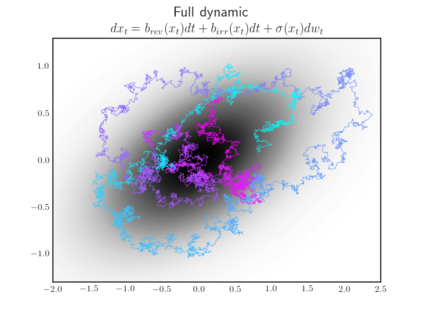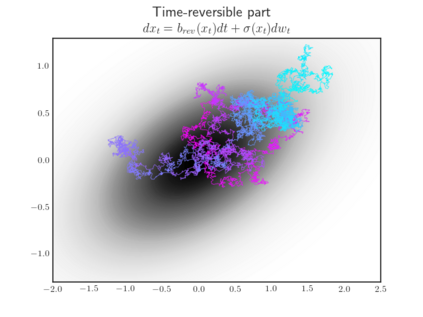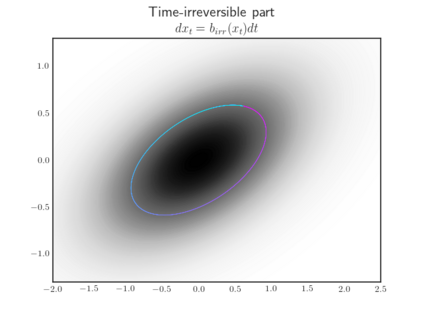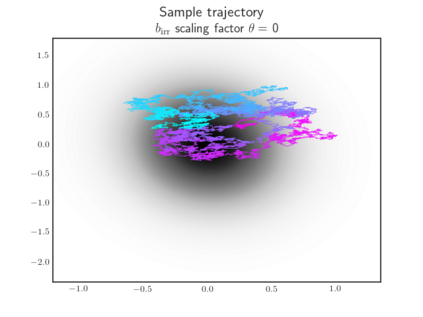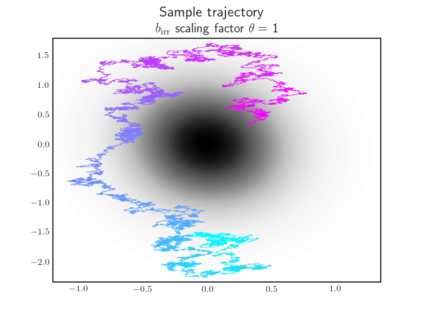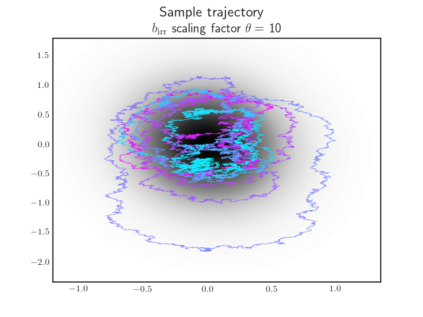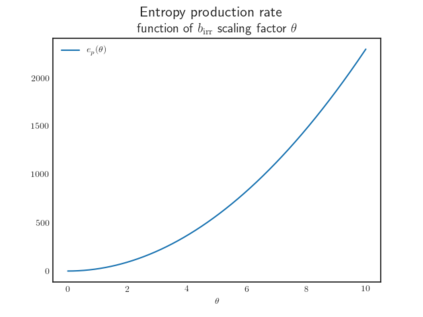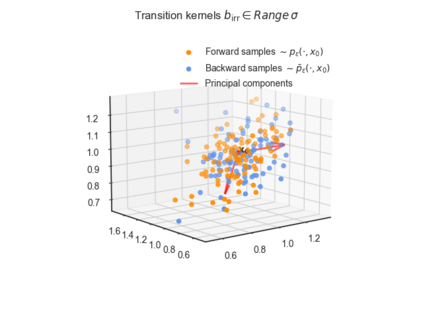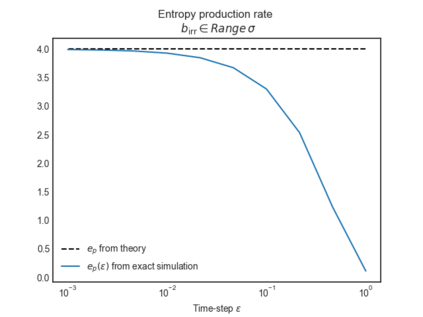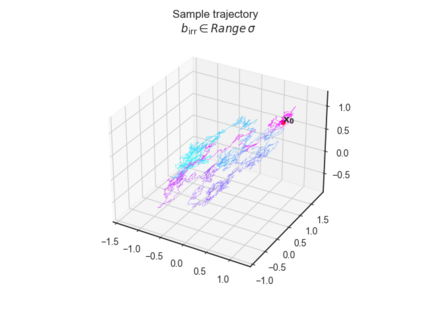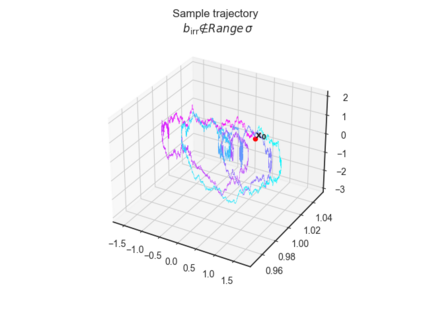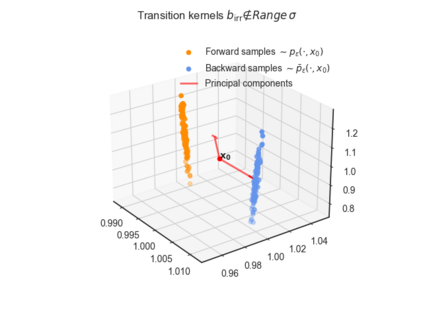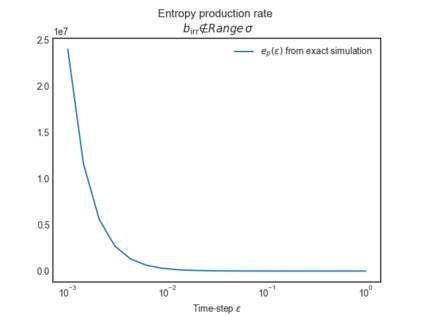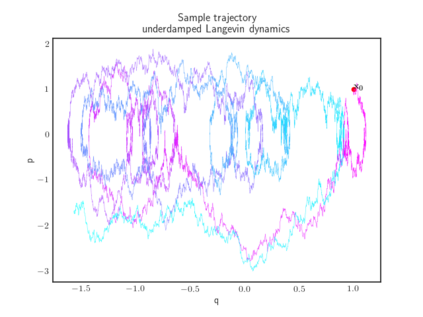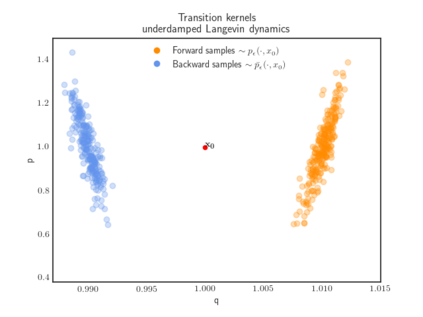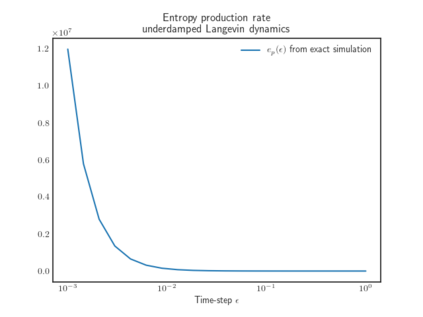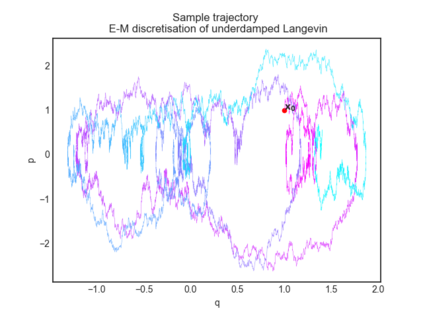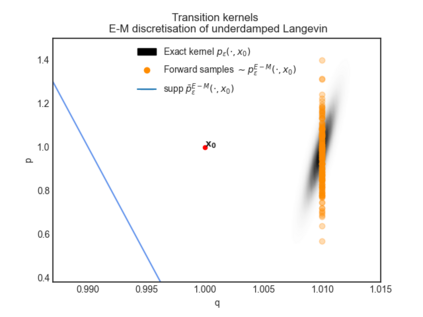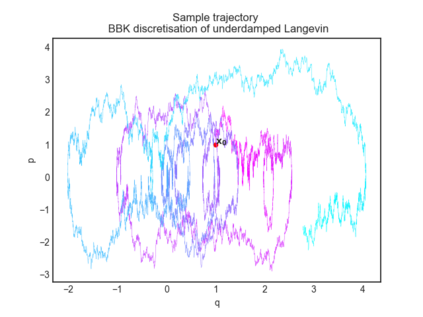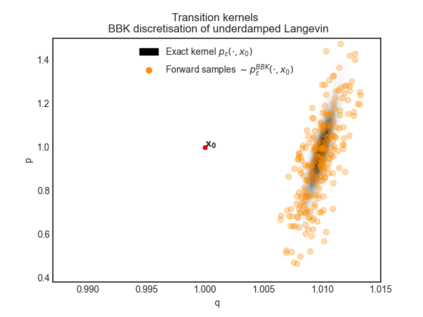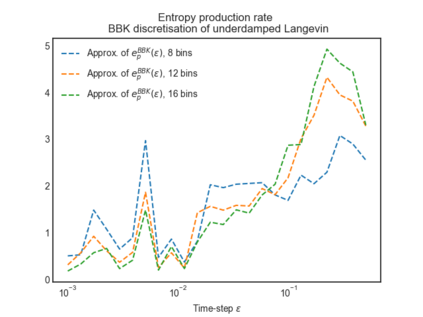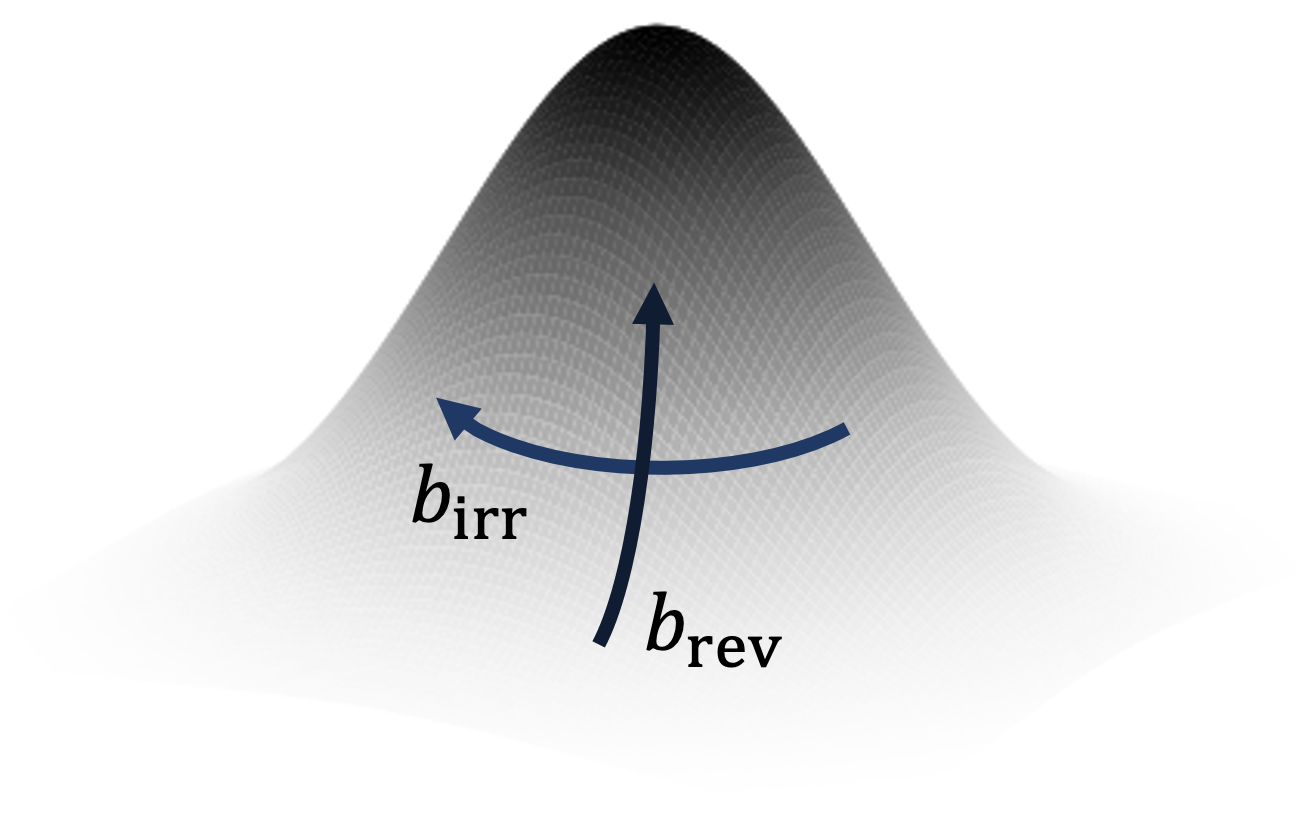The entropy production rate is a central quantity in non-equilibrium statistical physics, scoring how far a stochastic process is from being time-reversible. In this paper, we compute the entropy production of diffusion processes at non-equilibrium steady-state under the condition that the time-reversal of the diffusion remains a diffusion. We start by characterising the entropy production of both discrete and continuous-time Markov processes. We investigate the time-reversal of time-homogeneous stationary diffusions and recall the most general conditions for the reversibility of the diffusion property, which includes hypoelliptic and degenerate diffusions, and locally Lipschitz vector fields. We decompose the drift into its time-reversible and irreversible parts, or equivalently, the generator into symmetric and antisymmetric operators. We show the equivalence with a decomposition of the backward Kolmogorov equation considered in hypocoercivity theory, and a decomposition of the Fokker-Planck equation in GENERIC form. The main result shows that when the time-irreversible part of the drift is in the range of the volatility matrix (almost everywhere) the forward and time-reversed path space measures of the process are mutually equivalent, and evaluates the entropy production. When this does not hold, the measures are mutually singular and the entropy production is infinite. We verify these results using exact numerical simulations of linear diffusions. We illustrate the discrepancy between the entropy production of non-linear diffusions and their numerical simulations in several examples and illustrate how the entropy production can be used for accurate numerical simulation. Finally, we discuss the relationship between time-irreversibility and sampling efficiency, and how we can modify the definition of entropy production to score how far a process is from being generalised reversible.
翻译:暂无翻译

